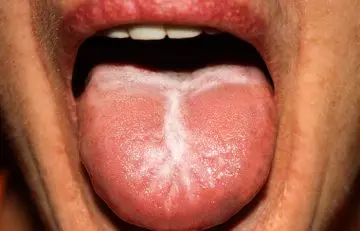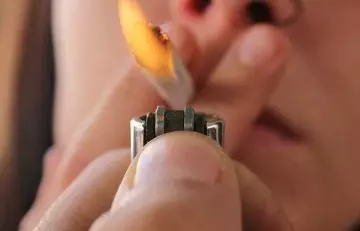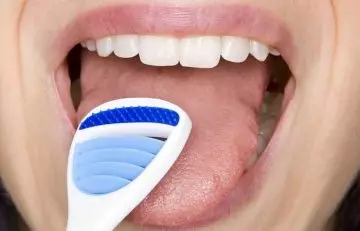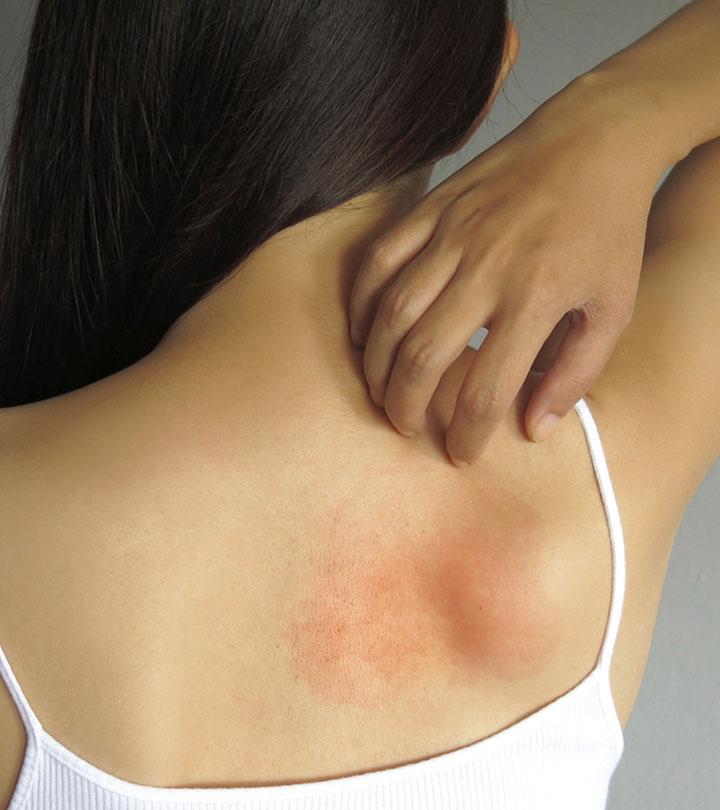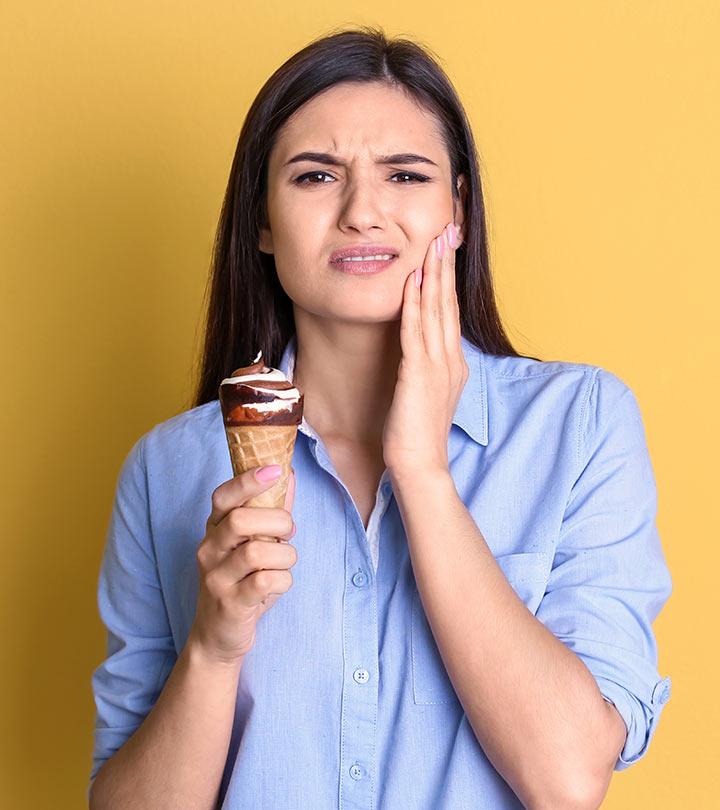5 Things Your Tongue Is Trying To Tell You About Your Health

Image: Shutterstock
It’s not always an ache or a pain that signals that something’s wrong with your health. In fact, by the time you wait for it to hurt, whatever is wrong with you could well become a serious and irreversible condition. The earlier you diagnose something, the better chances you have of treatment or an outright cure. Your body always shows you signs early on, so it’s a good idea to pay attention. We are just going to focus on the tongue this time around.
1. White Tongue Or White Coat
Your tongue is covered with small finger like projections called ‘papillae’. The lingual papillae are responsible for your sense of taste. If your tongue has turned white, it is likely due to the overgrowth of the papillae (1). Bacteria, dead cells, and general debris get lodged in between the papillae.
A proper white coat, on the other hand, could indicate mouth or tongue cancer, so it can be pretty important that you get it checked out. It can also be oral thrush, syphilis, a side effect of HIV/AIDS, or leukoplakia. Get it checked out by your doctor at once. And to ensure that it doesn’t happen again, try making a few lifestyle changes such as quitting smoking or cutting down on alcohol.
2. Sores
These sores can not only form on the tongue, but under and around it as well. There are different kinds of sores and can be anywhere between benign or a serious sign of cancer (2). Regular sores usually heal without scarring in one or two weeks. However, if you have a lump or sore that persists, if you see frequent outbreaks, or if the pain is too much to handle with just over the counter drugs, it’s definitely an indication that medical attention is required.
The most common cause of sores is emotional stress. Your tongue could just be trying to tell you to take it easy for a while. While you might be caught up with something really time consuming at work, or there’s something in the family you’re dealing with, your health has to take precedence. Let your hair down for a while, it’s alright. Your job and family will be just where you left them.
3. Black Residue
This may seem like a terrifying prospect, but the condition is usually harmless. Black residue on the lips may be just tar from smoking, but black residue on the tongue usually indicates excessive growth of bacteria or yeast in the mouth. The papillae on the tongue, instead of shedding, tend to grow. Hence, the bacteria build up in between the papillae over time. These bacteria are dyed by the food and drinks that passes through your mouth. Most commonly it is dyed black, but it can also turn green, yellow, brown or some other colour (3).
4. Cracks
Cracks on your tongue could mean nothing at all. Just as some people have wrinkles, people can have cracks on their tongue. This, much like wrinkles, can deepen and become more pronounced with age. Nevertheless, you need to be on the watch for additional symptoms, such as increased sensitivity to spice, and lip or facial swelling. Go to your doctor if you notice any of these symptoms as they could indicate a geographic tongue, or Melkersson-Rosenthal syndrome (4).
With this condition, you are likely to accumulate debris on your tongue. Hence, you need to have good dental hygiene, making sure you brush your tongue along with your teeth.
5. General Health
Our body is full of bacteria, most of them harmless and vital for our survival. However, their very presence shows that our body is a good environment for all kinds of bacteria. Hence, you need to remain vigilant and keep yourself clean. If you’ve proper dental hygiene, you’re probably brushing your teeth and flossing twice a day. That means you have an opportunity to look at your tongue twice a day. Anything off about it should translate to a visit to your dentist or physician.
One main obstacle to good tongue health is smoking. Smoking is a leading cause of cancer, especially those around the mouth (5). Quitting smoking might seem difficult in the beginning, but there are lots of programmes and even medications that can help. Nicotine gum can work wonders.
While these signs might be helpful with pointing you in the right direction, please do remember that with diagnosis, there is never a hard and fast rule. For anything that seems worrying, consult your doctor before you decide to self-medicate. Don’t naturally assume the worst and act like a hypochondriac after looking up a few symptoms. Your physician will most likely tell you that you have nothing really to worry about.
So, what’re you waiting for? Head to a mirror and say,”Ahhh!” and find out what your tongue is trying to say back.

